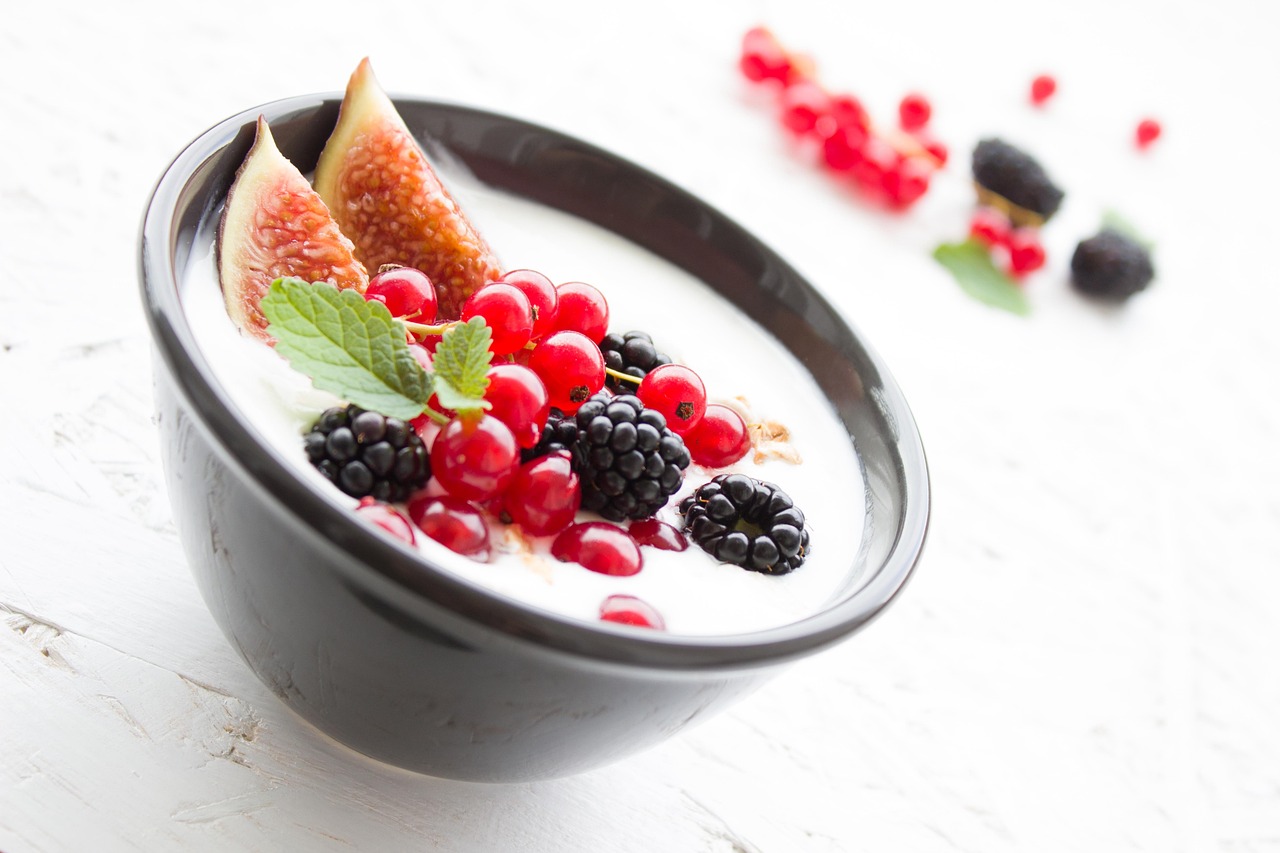The Future of Food Industry: Emerging Innovations and Trends
Plant-based alternatives are gaining momentum as more consumers become conscious of their health and the environment. The shift towards plant-based diets is not only a personal choice but also a reflection of a growing global awareness about sustainability and ethical food consumption. This transition is supported by the increasing availability and variety of plant-based options in grocery stores and restaurants, catering to a diverse range of dietary preferences.
Furthermore, the rise of plant-based alternatives is reshaping the food industry, encouraging innovation and creativity in product development. From plant-based burgers and dairy alternatives to meat-free protein sources, companies are investing in research and development to meet the growing demand for plant-based options. As consumer preferences evolve, food manufacturers are adapting to these changing trends by offering innovative and delicious plant-based alternatives that are not only nutritious but also flavorful and satisfying.
Advances in Food Technology
In recent years, food technology has experienced significant advancements, revolutionizing the way we produce and consume food. From the development of plant-based meat alternatives that closely mimic the taste and texture of traditional meat to the introduction of innovative food processing techniques that enhance food safety and prolong shelf life, the food industry is constantly evolving to meet the changing needs and preferences of consumers.
One notable breakthrough in food technology is the utilization of artificial intelligence and machine learning algorithms to optimize food production processes. By leveraging data analytics and automation, food manufacturers are able to streamline operations, improve efficiency, and reduce waste. This not only benefits businesses by cutting costs and increasing productivity but also has a positive impact on the environment by minimizing resource consumption.
Sustainable Packaging Solutions
Sustainable packaging solutions have become a key focus in the food industry due to the rising concerns about environmental impact. Companies are increasingly turning towards biodegradable materials, such as paper-based packaging and compostable alternatives, to reduce their carbon footprint and minimize waste generation. By embracing sustainable packaging practices, businesses aim to contribute to a greener future and meet the growing demands of eco-conscious consumers.
In addition to using eco-friendly materials, innovative packaging designs are also being developed to enhance sustainability efforts. On-the-go packaging with minimalistic designs, efficient labeling practices, and resealable options are gaining popularity as they not only improve the overall consumer experience but also reduce the overall environmental impact. Embracing these advancements in sustainable packaging not only resonates with consumers’ environmental values but also showcases a commitment to responsible business practices.
• Sustainable packaging solutions have become a key focus in the food industry
• Companies are turning towards biodegradable materials to reduce their carbon footprint
• Embracing sustainable packaging practices aims to contribute to a greener future
• Innovative packaging designs are being developed to enhance sustainability efforts
• On-the-go packaging with minimalistic designs and resealable options are gaining popularity
What are plant-based alternatives for sustainable packaging?
Plant-based alternatives for sustainable packaging include materials such as bioplastics, paper, and cardboard that are derived from renewable resources like corn, sugarcane, and bamboo.
How are advances in food technology contributing to sustainable packaging solutions?
Advances in food technology have led to the development of innovative packaging materials that are biodegradable, compostable, and recyclable, reducing the environmental impact of packaging waste.
What are some examples of sustainable packaging solutions?
Some examples of sustainable packaging solutions include compostable packaging made from plant-based materials, reusable containers, and packaging made from recycled materials.
How can businesses transition to sustainable packaging solutions?
Businesses can transition to sustainable packaging solutions by conducting a packaging audit to identify areas for improvement, investing in eco-friendly packaging materials, and implementing recycling and composting programs.







